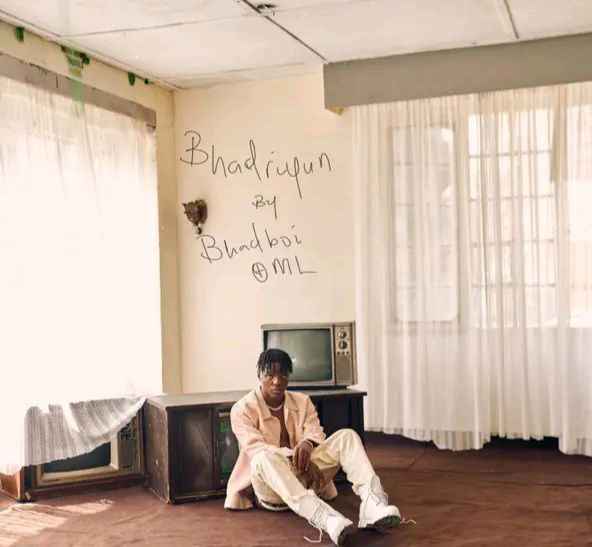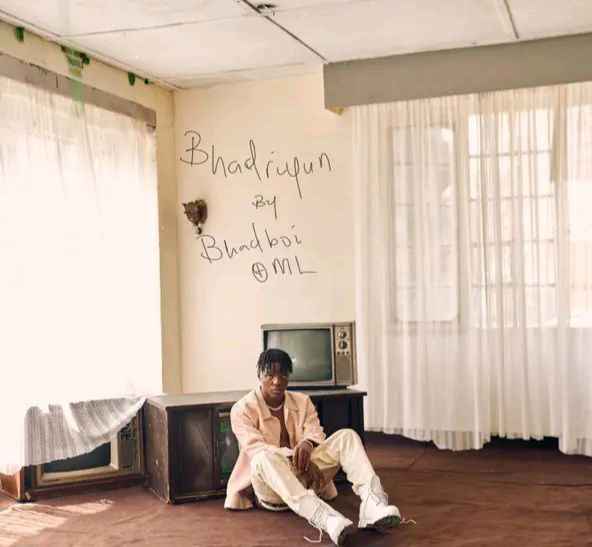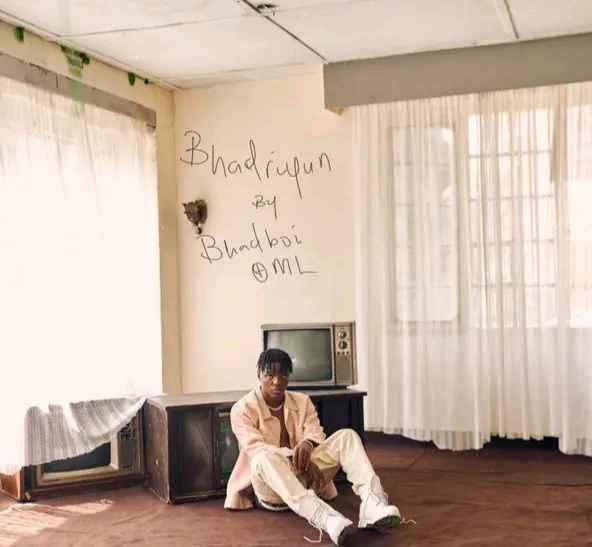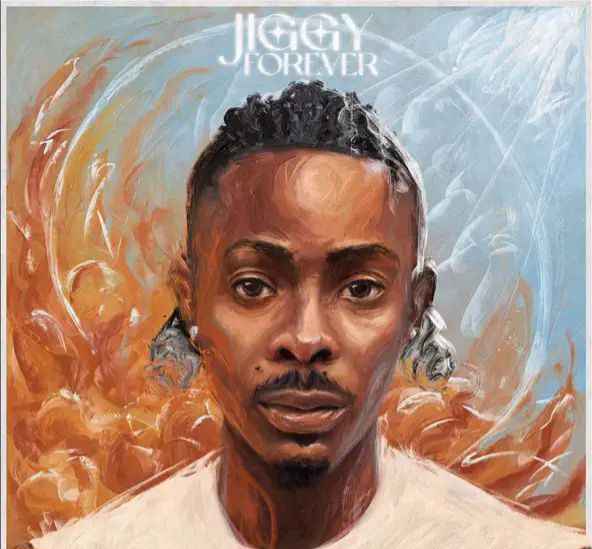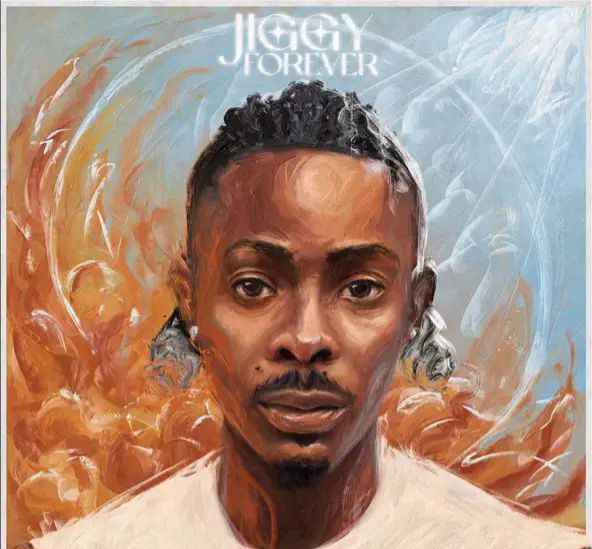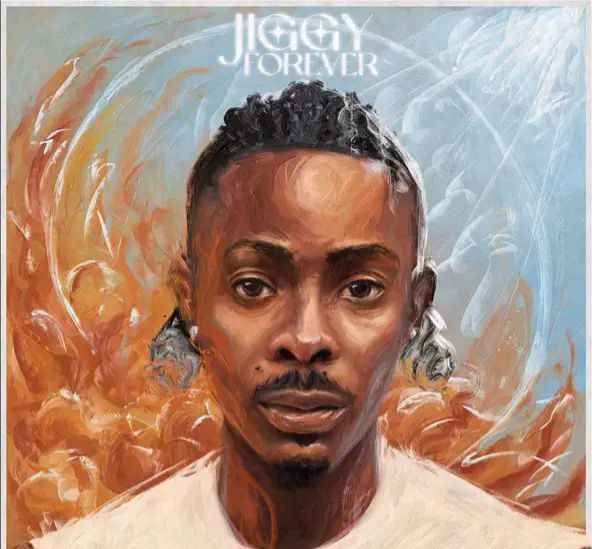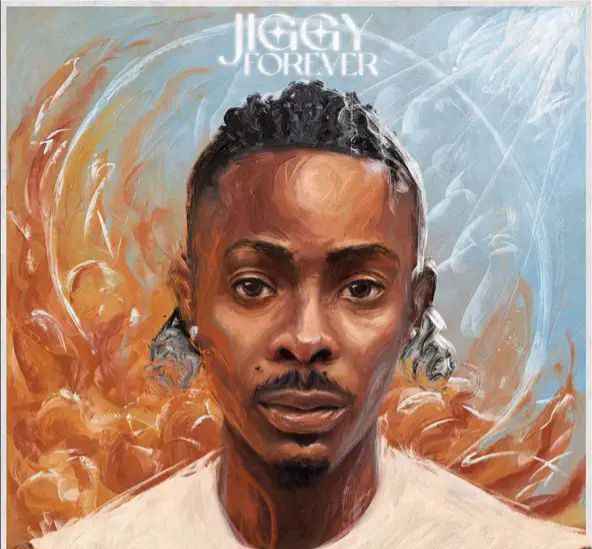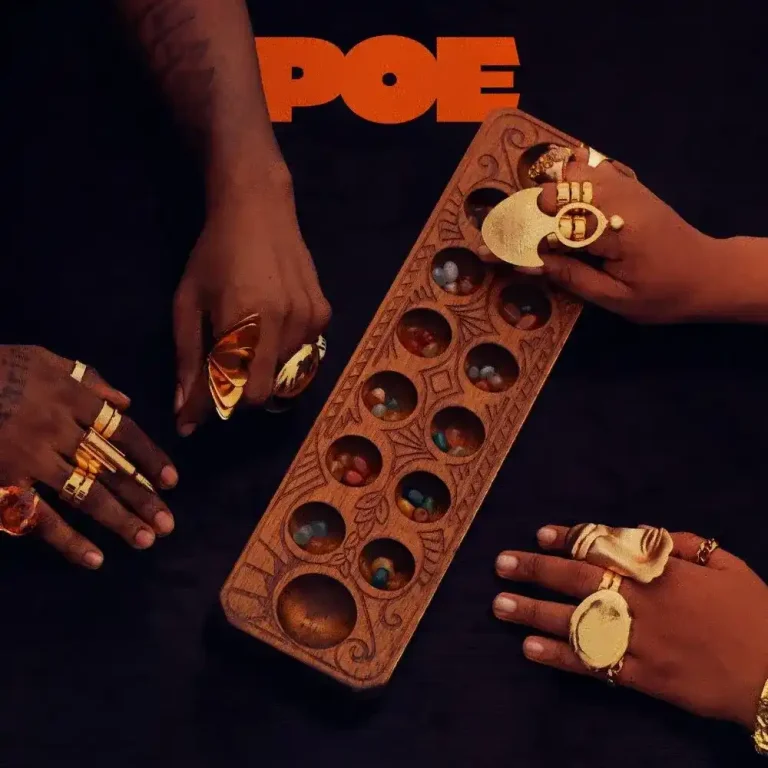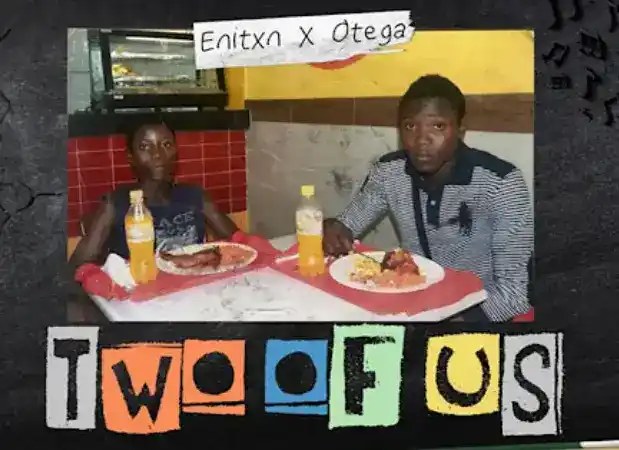The corrupt war against corruption (1)
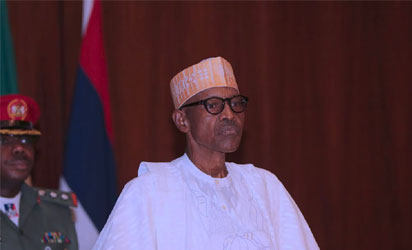
It is well known that the biggest selling point of Muhammadu Buhari as a presidential candidate in the last election was his reputation as an anti-corruption crusader which he attracted to himself when he and late Brigadier Tunde Idiagbon ruled Nigeria with iron fists from December 31, 1983, to August 27, 1985. Indeed, it was really one of the ironies of Nigeria’s convoluted democratic experience that Buhari’s presidential ambition in 2015 was supported by some wily politicians who previously opposed his previous
attempts to be elected President not only because of his confirmed clannish and dictatorial orientation but, also, in the words of Alhaji Bola Tinubu, he represents “expired leadership.” The irony is two-sided: on one side, there was a collection of half-baked “progressives” that hitherto publicly championed the clamour for “true federalism” and practice of genuine democracy, freed from the apron-strings of retired military bigwigs, but who, during the last presidential election, abandoned progressivist ideals by supporting an ageing revanchist former military head of state with feudalist proclivities; on the other, is a man reputed to be a disciplinarian with zero-tolerance for corruption who had to depend on the huge financial resources and political machine of some of the most morally depraved politicians in the country to win an election. The essential tension generated by these anomalies has manifested in various ways since Buhari became President, particularly in the much orchestrated war against corruption.

President Muhammadu Buhari during the Federal Executive Council Meeting held at the Council Chamber State House Abuja.
Sometimes when I think about how various administrations since independence have defined and tried to tackle the problem of corruption, I end up concluding that they were not serious about it, because the more they claim to be fighting corruption the more it grew and mutated into more malignant forms. For the sake of analytic brevity, we can leave out of our discussion the period from 1960 to 1999, provided we keep in mind that whatever we say about corruption and the ineffectual attempts from 1999 until now to reduce it to manageable proportions largely apply, mutatis mutandis, to the anti-graft measures of various governments in the first thirty-nine years after the end of British colonial administration.
At the outset, it is important to state that the concept of corruption is more encompassing than taking and receiving bribes, stealing of public funds and other forms of financial rascality. In Chambers Twentieth Century Dictionary, the transitive verb ‘corrupt,’ which is the root word for the noun ‘corruption,’ means to debase, to make putrid, to destroy the purity of, and to pervert. It follows that corruption also connotes decay and degradation. From the administration of former President Olusegun Obasanjo to the present, the economic and financial dimension of corruption has been overemphasised, leading to complete neglect of a very important component of the phenomenon which involves deliberate actions that pervert and debase people and institutions. Corruption, in this inclusive sense, pertains to any action deliberately intended to either debase an institution or prevent it from functioning appropriately to achieve the noble objective for which it was created in the first place.
For example, although the 1999 constitution envisages that the executive, the legislature and the judiciary must work harmoniously together for peace, security and wellbeing of Nigerians, it emphasises the principle of separation of powers as the cornerstone of democratic governance.
Now, supposing that when he was President, Chief Obasanjo unduly meddled in the affairs of the Senate by using proxies to cause instability in its leadership for selfish purpose, then he can be legitimately accused of corruption. Specifically, his third term agenda, assuming there was one actually, can be described as political corruption whether financial inducement was used or not. And although the Economic and Financial Crimes Commission, EFCC, chaired by Nuhu Ribadu recorded some impressive achievements, it appears that Obasanjo corrupted the commission by occasionally using it as an instrument to intimidate and harass his political enemies, real or imagined.
The late Alhaji Umaru Musa Yar’Adua and his successor, Dr. Goodluck Jonathan, did not deal with the issue of high level official corruption with the seriousness it deserves. As a result, although both leaders reassured Nigerians that the anti-corruption agencies were working really hard to eradicate malignant corruption before it destroys the country, they lacked the political will and iron determination to fight corruption at the highest echelons of government. That was why, when the pressure was too much on him, Dr. Jonathan reminded Nigerians that he was neither a military general nor a lion nor a despot.
Meanwhile, relentless but mostly uncorroborated media reports during his tenure about how top government officials at all levels had been diverting public funds to their private pockets led to demand for change across a broad section of the population nationwide.
Thus, when Tinubu, Rotimi Amaechi and other disgruntled turncoats of the Peoples Democratic Party, PDP, dredged up Buhari from retirement to contest in the 2015 presidential election, their main argument for that self-survivalist political move was anchored on the reputation of the former military dictator as a stern incorruptible disciplinarian with the iron will and pedigree to confront financial impropriety especially at the highest levels of public service and on the belief that he would not turn round to bite the political fingers that fed him in the guise of fighting corruption if he eventually won. It was on this premise that even prominent politicians who loathed military intervention in governance enthusiastically embraced the idea of Buhari as President.
When Muhammadu Buhari defeated Jonathan, there was heightened expectation that, at last, Nigeria has taken a very significant first step in the fight against corruption, that a “messiah” who would deliver us from the black hole of bulimic corruption was now at the helm of affairs. President Buhari deliberately ramped up that expectation by promising to strengthen existing anti-graft agencies and go after members of the immediate past administration involved in corruption. But from the outset, any objective interpreter of his antecedents and the questionable reputations of his key loyalists can predict confidently that the renewed onslaught he would launch against corruption might scratch the surface, it will not get to the roots of the disease.
To begin with, history teaches that in order to succeed every programme of radical social change or concerted effort to deal with any social problem, including malignant corruption in the society, must be premised on a well-reasoned and clearly formulated ideological framework or paradigm to guide the entire process. Accordingly, without a consistent set of principles and roadmap that clearly defines the objectives to be pursued, the means of attaining them and feedback mechanisms for assessing the effects of measures taken and their constraints, any programme put in place for fighting corruption will be perfunctory, ad hoc, unsystematic and ultimately futile. Now, the question is: what are the fundamental principles driving the current war against corruption? Aside from President Buhari’s pious repetition of the pledge “to kill corruption before it kills the country,” there is no clear evidence of bold and imaginative thinking or strategy detailing how to deal with corruption in its diverse manifestations. As usual, the President, top government officials and leaders of the All Progressives Congress, APC, continue to assure Nigerians that the war against corruption is unstoppable, as if mere repetitive verbal assurances can adequately address the absence of a holistic plan for winning the war on a long term basis.
Initially, naïve buharimaniacs basking in the phantasmagoria of Buhari’s “body language,” thought that corruption can be tamed with his rhetoric expressing wishful thinking and hyperbolic blame game directed towards Jonathan and his subordinates. But now, disillusionment about winning the war on corruption is growing partly because of lack of creative impetus and unifying vision by agencies of government responsible for fighting the war at different fronts. Again, the war is biased: there is evidence that whereas core loyalists of the President and top members of the ruling party are treated with kid’s gloves by the EFCC even when there are prima facie cases of financial impropriety against them, the commission enthusiastically parades alleged elephantine corruption perpetrated by key functionaries of Jonathan’s government and the PDP. For instance, consider the different responses of the EFCC to allegations of corrupt enrichment levelled against Chief of Army Staff, Lt. Gen. Mansur Buratai, Minister of Transportation, Rotimi Amaechi, Minister of Solid Minerals, Dr. Kayode Fayemi and others, on one hand, and to similar allegations involving Mrs. Dieziani Allison-Madueke, former Petroleum minister, Olisa Metuh, former publicity secretary of the PDP, Mrs. Patience Jonathan, spouse of Dr. Jonathan, and Ayo Fayose, governor of Ekiti State, on the other.
Of course, the anti-corruption agencies cannot handle all corruption cases simultaneously; therefore, some selectivity is inevitable, and because PDP was the ruling party before 2015 elections it is convenient for Buhari to beam the harsh anti-graft searchlight on its prominent members. In fact, the President stated that he would target the war against corruption against his immediate predecessor. To be continued
Source – Vanguard

